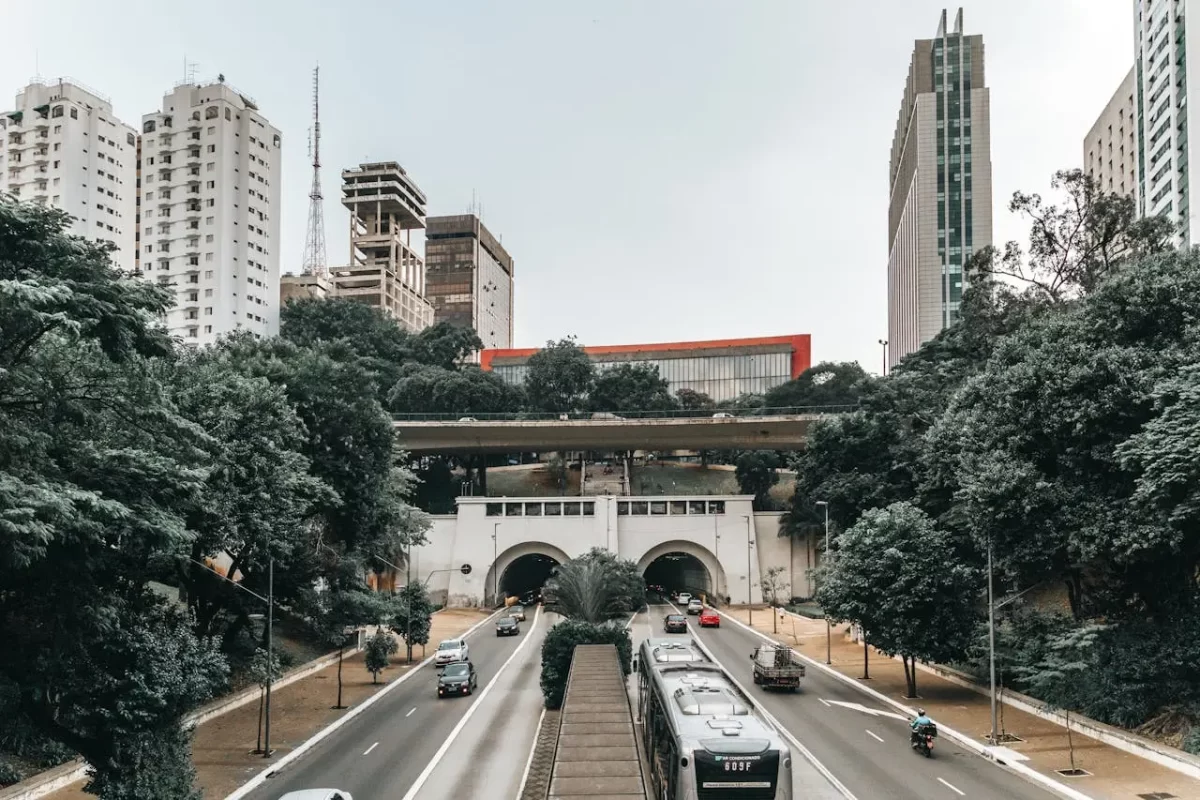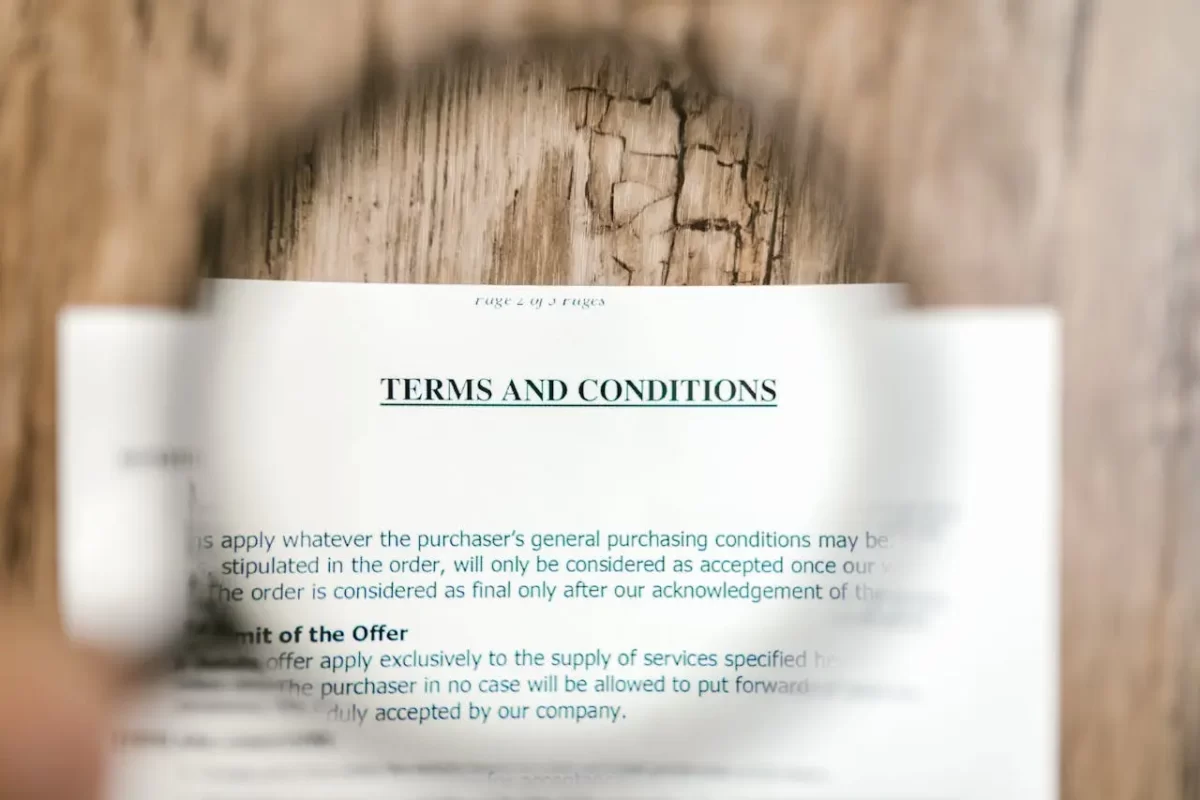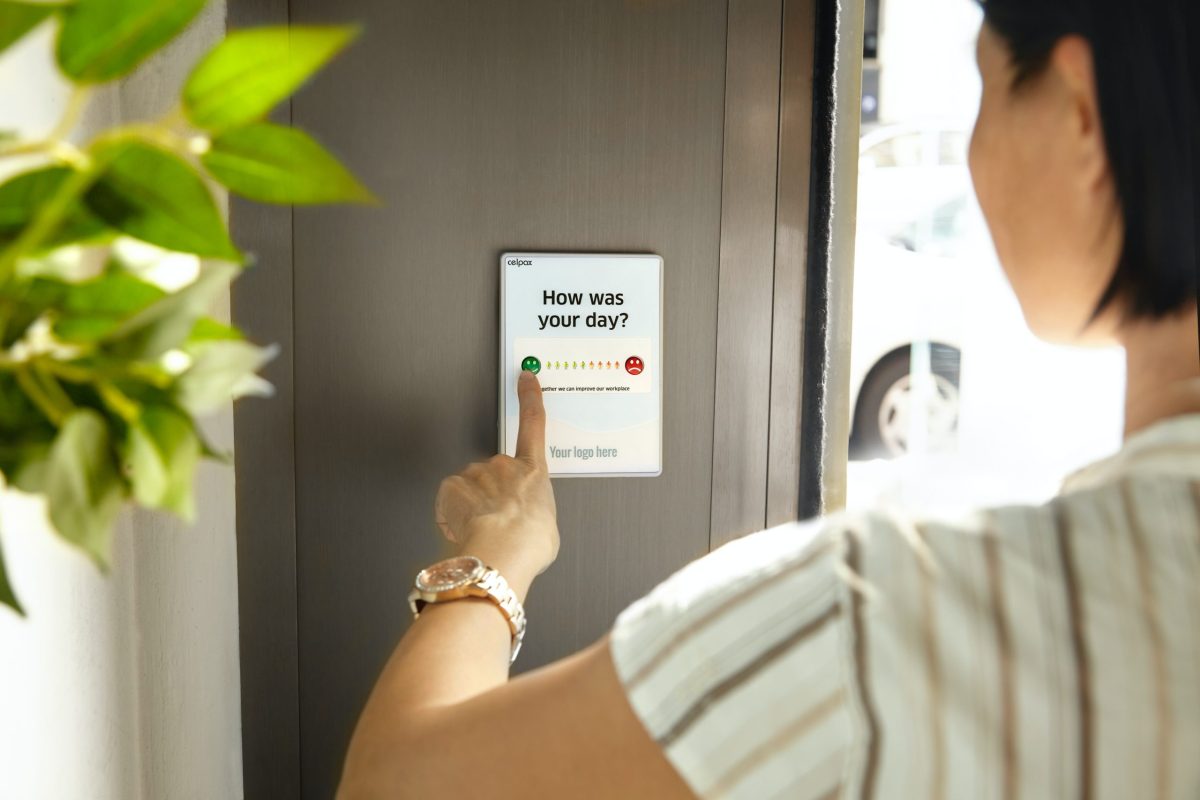Navigating Sick Leave in Brazil
Want to onboard an employee in Latin America ?
Sick leave is a critical aspect of employment rights in Brazil, ensuring that employees have the necessary support and time off to recover from illness without losing their income. Governed by Brazil’s Consolidated Labor Laws (CLT), sick leave policies are designed to protect both employees and employers, balancing the need for business continuity with the health and well-being of the workforce. This comprehensive guide will explore the regulations surrounding sick leave in Brazil, the procedures for obtaining it, and the responsibilities of both employers and employees.
Legal Framework for Sick Leave in Brazil
Sick leave in Brazil is primarily regulated by the Consolidated Labor Laws (CLT) and the National Social Security Institute (INSS). These regulations provide a structured approach to managing employee illness, ensuring that workers are not penalized financially for taking time off to recover from health issues.
Under the CLT, employees are entitled to take sick leave when they are unable to work due to illness or injury. The initial 15 days of sick leave are paid directly by the employer. If the employee’s illness extends beyond 15 days, the responsibility for payment shifts to the INSS, Brazil’s social security agency. The INSS then provides sickness benefits, which are paid to the employee for the duration of their leave, provided that the illness or injury is certified by a medical professional.
Employer Responsibilities
Employers in Brazil have several key responsibilities when it comes to managing sick leave:
Pay for the First 15 Days: Employers are required to pay the employee’s full salary for the first 15 days of sick leave. This payment is considered part of the employee’s regular wages and must be made on the same schedule as their normal salary.
Verify Medical Documentation: Employers must verify that the sick leave is supported by proper medical documentation. This typically involves a medical certificate provided by the employee, which must detail the nature of the illness or injury and the recommended period of leave.
Reporting to INSS: If the sick leave extends beyond 15 days, employers must report the situation to the INSS. This is necessary for the employee to begin receiving sickness benefits from the social security system. The employer is also responsible for ensuring that the employee has completed all necessary paperwork to receive these benefits.
Job Security: During the period of sick leave, the employee’s job must be protected. Employers cannot terminate an employee’s contract simply because they are on sick leave. Any attempt to do so can result in legal penalties and potential lawsuits.

Employee Rights and Obligations
Employees also have specific rights and obligations regarding sick leave:
Notification of Employer: Employees must notify their employer as soon as they become aware that they need to take sick leave. This notification should be accompanied by a medical certificate, which must clearly state the reason for the leave and the expected duration.
Medical Certification: To qualify for paid sick leave, employees must provide a medical certificate. For the first 15 days, this certificate is submitted to the employer. If the leave exceeds 15 days, a different certification process is required by the INSS, which may involve additional medical evaluations.
INSS Sickness Benefits: If the sick leave extends beyond 15 days, employees must apply for sickness benefits through the INSS. The amount paid by the INSS is typically 91% of the employee’s average salary over the last 12 months, subject to certain caps. The benefit continues until the employee is medically cleared to return to work or until they transition to another type of social security benefit, such as disability.
Returning to Work: Upon returning to work, employees may be required to undergo a medical examination to confirm that they are fit to resume their duties. This examination can be conducted by the company’s occupational health service or by the INSS, depending on the circumstances.
Sickness Benefits Provided by INSS
The INSS plays a crucial role in supporting employees who are unable to work due to illness or injury beyond the initial 15 days covered by the employer. The key features of the INSS sickness benefits include:
Eligibility: To qualify for INSS sickness benefits, employees must have made at least 12 contributions to the INSS system, although there are exceptions for work-related injuries or occupational diseases.
Benefit Amount: The INSS calculates the sickness benefit based on the employee’s average salary over the last 12 months, paying 91% of this amount. However, this benefit is capped at a maximum limit established by the INSS, which may vary each year.
Duration: The benefit is paid for as long as the employee remains unable to work, up to a maximum period of two years. After this period, if the employee is still unable to work, they may be eligible for a disability pension.
Medical Evaluations: Employees receiving INSS sickness benefits are subject to periodic medical evaluations to determine their ongoing eligibility. These evaluations ensure that only those who genuinely need the benefit continue to receive it.
Implications for Employers and Employees
Sick leave regulations in Brazil are designed to protect both employers and employees. For employees, the system ensures that they can take the necessary time off to recover from illness without losing their income or job security. This is particularly important in maintaining the health and well-being of the workforce.
For employers, while there is an obligation to pay for the first 15 days of sick leave, the INSS system alleviates some of the financial burden associated with long-term employee illness. However, it is crucial for employers to manage sick leave carefully, ensuring compliance with all legal requirements to avoid potential disputes or legal issues.
Conclusion
Sick leave in Brazil is a well-structured system that balances the needs of employees with the responsibilities of employers. By providing paid time off for illness and injury, Brazil’s labor laws help maintain a healthy and productive workforce while ensuring that employees are supported during times of medical need. Both employers and employees must understand their rights and obligations under this system to navigate sick leave effectively and to ensure that all legal requirements are met. Whether dealing with short-term illnesses or long-term health issues, the sick leave system in Brazil offers a critical safety net for the nation’s workforce.
Manage sick leave in Brazil with Europortage
Managing sick leave is complex especially when it comes to compliance. That’s why we recommend working with a direct and local partner like Europortage.
Our team of local experts is on hand to support you throughout the entire employee lifecycle, including sick leave management. We can give you clear advice on business incorporation and global hiring, in addition to handling employment contracts, payroll, and benefits. That way, you can focus on growing a world-class team and business.
Get in touch to find out more and start hiring top talent in Latin America.






































































































































